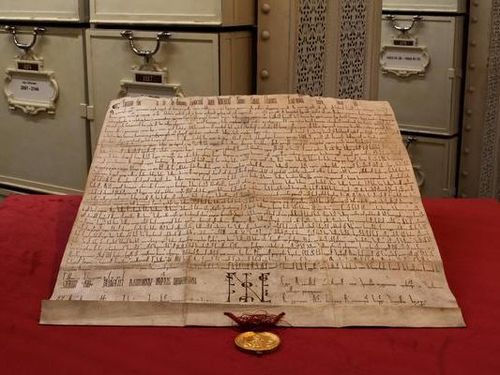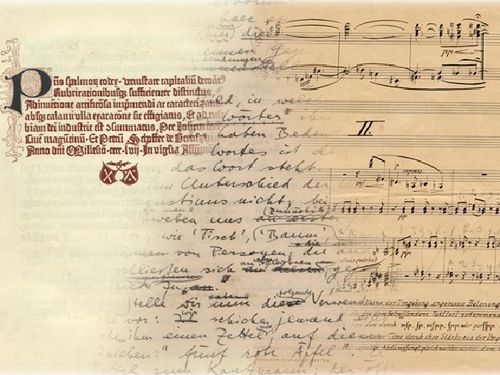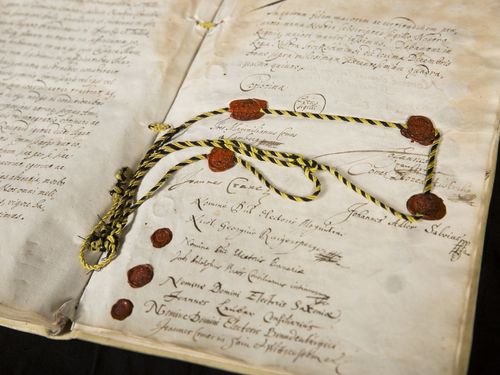UNESCO’s Memory of the World Programme supports Member States in preserving and organising documents of all kinds. This also includes the rapidly increasing growth in digitally created documents and the digitalisation of tangible documents. The long-term preservation of digital documents represents an immense logistical and financial challenge as every change to software and hardware poses a potential threat to the existence of digital data. This means that considerably stronger efforts are needed to counteract this “digital amnesia”. At the same time, advancing digitalisation offers new opportunities and possibilities as digital technologies simplify the dissemination of documents, as well as making it easier to access them globally. For these reasons, the long-term preservation of digital heritage, the digitalisation of documents and the digital preservation of digital content are a priority for UNESCO.
Charter on the Preservation of Digital Heritage 2003
With the Charter on the Preservation of Digital Heritage 2003 , UNESCO reached a milestone in its endeavours on this matter. The Charter comprises specialist and cultural policy measures on the question of the long-term preservation of digitalised documents and materials that are available in digital form only. Many Member States consider digital heritage as an important part of cultural memory and as a necessary basis for the lasting preservation of cultural diversity.
Recommendation 2015
The Recommendation concerning the preservation of, and access to, documentary heritage including in digital form , which was adopted in 2015, is an effective tool for implementing the objectives of the Memory of the World programme. It encourages Member States to identify, preserve and make accessible both physical and digital documentary heritage on a national scale. The Recommendation also promotes bilateral and multilateral cooperation and research projects on an international scale, as well as exchanges between Member States.




